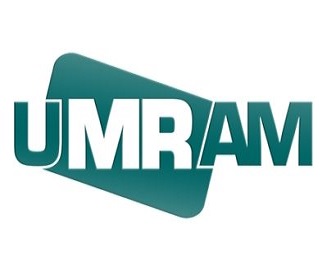At UMRAM, our graduate students and faculty members with researchers from Aselsan published a paper titled “Statistically Segregated k-Space Sampling for Accelerating Multiple-Acquisition MRI” in IEEE Transactions on Medical Imaging on 14 January 2019. The article authored by Lütfi Kerem Şenel, Toygan Kılıç, Asst. Prof. Emine Ülkü Sarıtaş, Assoc. Prof. Tolga Çukur from UMRAM and Alper Güngör, Emre Kopanoğlu, H. Emre Güven, Aykut Koç from Aselsan Research Center.
Abstract: A central limitation of multiple-acquisition magnetic resonance imaging (MRI) is the degradation in scan efficiency as the number of distinct datasets grows. Sparse recovery techniques can alleviate this limitation via randomly undersampled acquisitions. A frequent sampling strategy is to prescribe for each acquisition a different random pattern drawn from a common sampling density. However, naive random patterns often contain gaps or clusters across the acquisition dimension that in turn can degrade reconstruction quality or reduce scan efficiency. To address this problem, a statistically-segregated sampling method is proposed for multiple-acquisition MRI. This method generates multiple patterns sequentially, while adaptively modifying the sampling density to minimize k-space overlap across patterns. As a result, it improves incoherence across acquisitions while still maintaining similar sampling density across the radial dimension of k-space. Comprehensive simulations and in vivo results are presented for phase-cycled balanced steady-state free precession and multi-echo T2-weighted imaging. Segregated sampling achieves significantly improved quality in both Fourier and compressedsensing reconstructions of multiple-acquisition datasets.
